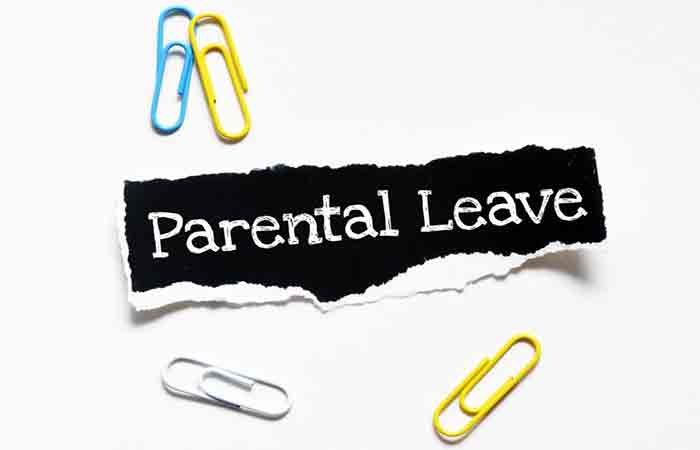 Almost three-quarters (73%) of working parents think the next government should introduce reforms which improve parental leave and pay entitlements, according to research by Working Families.
Almost three-quarters (73%) of working parents think the next government should introduce reforms which improve parental leave and pay entitlements, according to research by Working Families.
The charity for working parents and carers’ survey of 1,285 parents of dependents aged 0–18 years in England and Wales also found that 67% of respondents would feel more inclined to vote for candidates or parties that include reforms of this kind in their manifesto.
A majority (84%) said the government should do more to support new families to balance work and childcare over a baby’s first year, and 92% believe it is important for new fathers and partners to take time off to care for their baby in their first year. Nearly two-thirds (64%) said the current offering of two weeks of statutory paternity leave is not long enough.
Two-thirds (65%) said that statutory maternity and paternity pay of £172.48 per week is not an adequate amount. More than half (55%) felt that if paternity leave were to be reformed, increasing pay should be the priority, compared to 36% who would prioritise a longer period of paternity leave.
Sign up to our newsletters
Receive news and guidance on a range of HR issues direct to your inbox
Two-fifths (42%) wanted to see more paid weeks of parental leave for new mothers and birth parents and 41% wanted to see the statutory rate of maternity pay increased. Meanwhile, four-fifths (80%) said employers should do more to enhance parental leave and pay for new parents.
Kyle Green, stakeholder and engagement manager at Working Families, said: “Our polling shows that parental leave reform is a priority for many and is likely to influence their vote in the next general election. Any future government must take heed of the call to do more to support parents in a baby’s first year, particularly enabling fathers and partners to take longer, better paid periods of leave, beyond the two weeks of statutory paternity leave currently offered. Parents want a more supportive system, one that offers longer periods of leave for fathers and partners and an increase in the rate of statutory pay for new parents.”